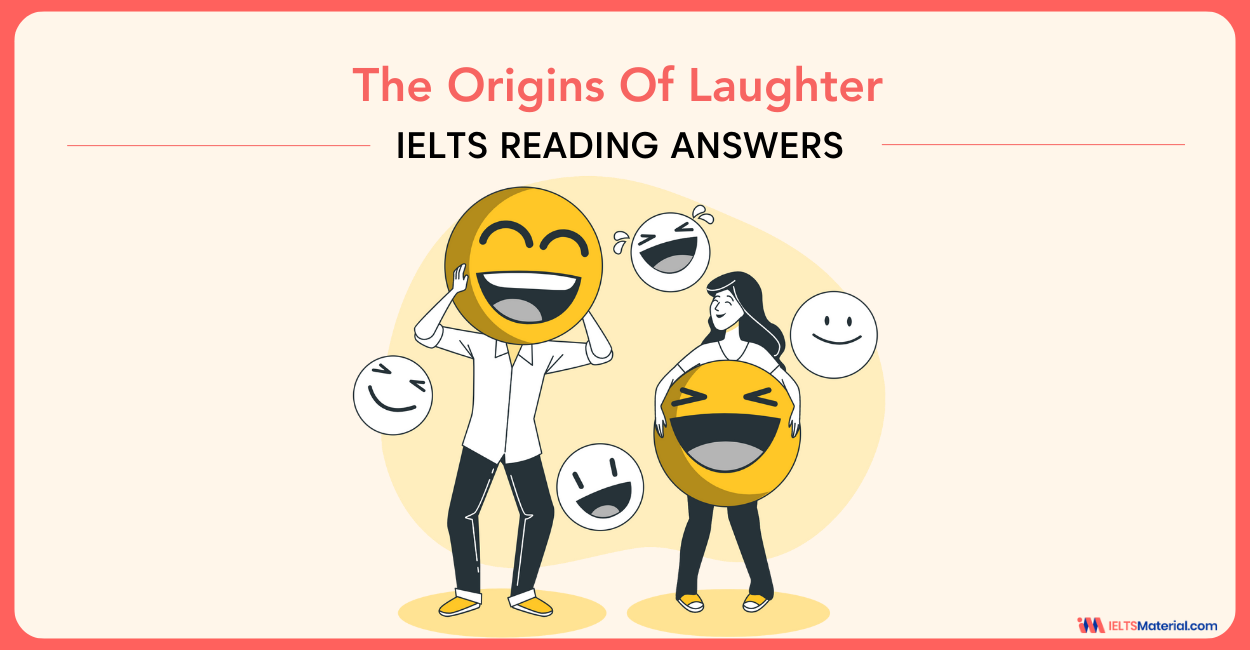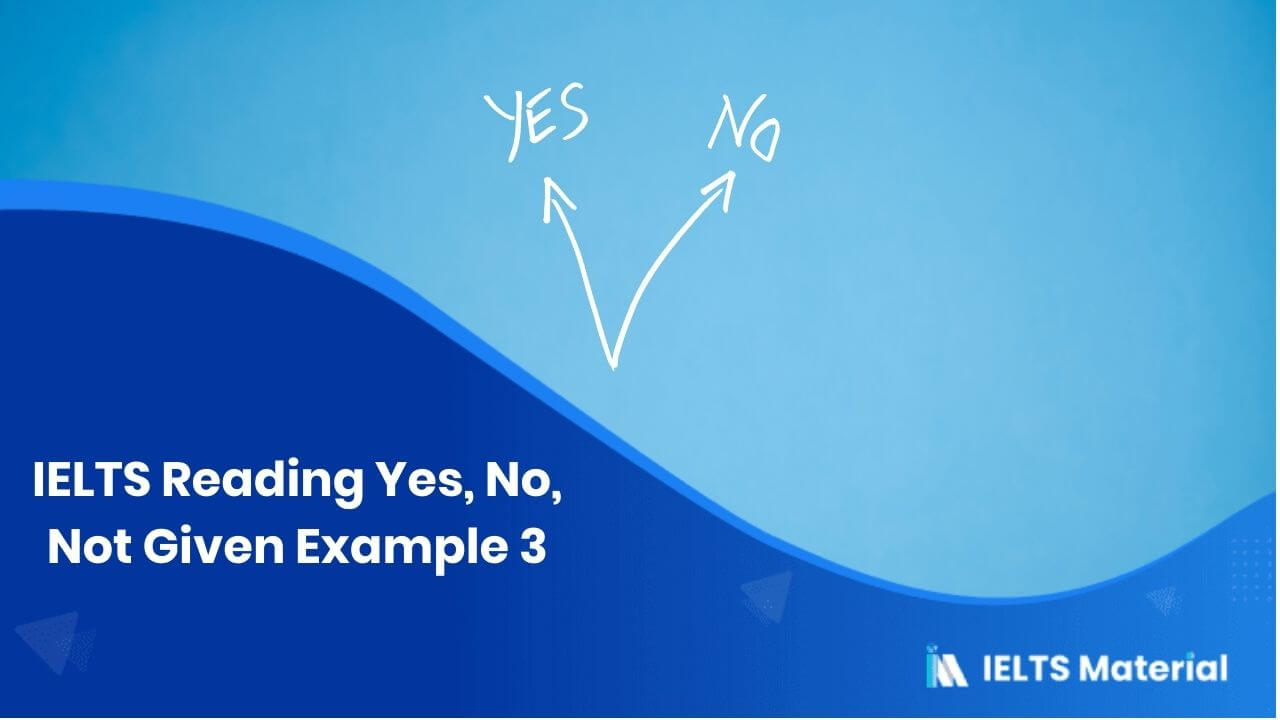IELTS Reading Yes, No, Not Given Example 8
Table of Contents
Limited-Time Offer : Access a FREE 10-Day IELTS Study Plan!
Sample Reading Passage:
| It is commonly thought that A.D.D. only affects children, and that they grow out of the condition once they reach adolescence. It is now known that this is often not the case. Left undiagnosed or untreated, children with all forms of A.DD. risk a lifetime of failure to relate effectively to others at home, school, college, and work. This brings significant emotional disturbances into play and is very likely to negatively affect self-esteem. Fortunately, early identification of the problem, together with appropriate treatment, makes it possible for many victims to overcome the substantial obstacles that A.D.D. places in the way of successful learning. One approximately 15% of A.D.H.D. children do, however, have learning disabilities |
Questions:
| 1. Children with Attention Deficit Disorder (A.D.D) usually improve once they become teenagers.
2. Untreated A.D.D in children can lead to significant problems at home, school, college, and work. 3. Attention Deficit Disorder (A.D.D) is a neurobiological problem that affects 3-5% of all children. 4. Early recognition of A.D.D and effective treatment will help children overcome the A.D.D obstacles. 5. Children with A.D.H.D have learning disabilities. |
Answers:
| 1. Children with Attention Deficit Disorder (A.D.D) usually improve once they become teenagers – No.
2. Untreated A.D.D in children can lead to significant problems at home, school, college, and work – Yes. 3. Attention Deficit Disorder (A.D.D) is a neurobiological problem that affects 3-5% of all the children – Not Given. 4. Early recognition of A.D.D and effective treatment will help children overcome the A.D.D obstacles – Yes. 5. Children with A.D.H.D have learning disabilities – Yes. |
Explanation of the answers:
Unlock Explanation
| For the first question, it is mentioned in the passage that Attention Deficit Disorder (A.D.D) affects only children and it grows out. Thus, it doesn’t go off even after reaching adolescence. So, the answer is No. Here grow out of condition means get rid of it and adolescence means teenage.
For the second question, we understand from the passage that if children with A.D.D are left untreated or undiagnosed, they will risk a lifetime of failure to others at home, school, work, and college. So, the answer is Yes. For the third question, it is not mentioned anywhere in the passage that A.D.D is a neurological condition that affects 3-5% of all children. So, the answer is Not Given. For the fourth question, it is clearly mentioned in the passage that early identification of the problem and appropriate treatment will make it possible for the victim to overcome the obstacles. So, the answer is Yes. Here, identification refers to the recognition, appropriate refers to effective, and victim means children affected with A.D.D. For the fifth question, it is given in the passage that 1 approximately 15% of the children with A.D.H.D may have learning disabilities. So, the answer is Yes. |
Also check :
Practice IELTS Reading based on question types
Start Preparing for IELTS: Get Your 10-Day Study Plan Today!
Explore other Yes/No/Not Given Questions
Recent Articles

Kasturika Samanta

Kasturika Samanta

Janice Thompson








Post your Comments
2 Comments